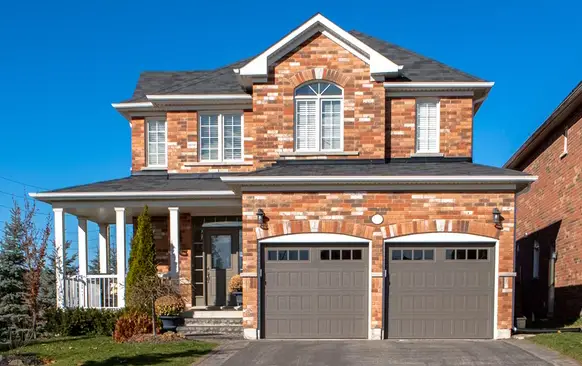As the Federal Reserve has been raising rates to combat rising inflation, mortgage rates have been rising steadily over the past year. With the Fed’s newest 0.75% hike, that rise will not be slowing down any time soon.
Dana Peterson, chief economist at The Conference Board, said in an interview that this rise, “means that mortgage rates are going to continue to rise and that we’re going to see some pullback in the housing market. And that’s a function of, yes, very elevated prices that’s affecting affordability, but also rising interest rates.”
As the Fed raised interest rates by 75 basis points in the last FOMC meeting, the central bank also noted that it, “anticipates that ongoing increases in the target range will be appropriate.”
Mortgage rate are now at 5.4% according to Freddie Mac. That is over two percentage points higher than at the beginning of 2022. Meanwhile Fannie Mae’s Home Purchase Sentiment Index dropped to 64.8 for June. That is its second-lowest readout in 10 years. Only 20% of consumers said they thought it was a good time to buy a home right now.
Peterson said, “When we look at our own confidence measures, people are saying that they’re pulling back on their expectations for home buying.”
Meanwhile, pending home sales, or homes under contract to be sold, dropped 20% last month compared to June of 2021. That reflects how higher interest rates reduces the purchasing power of potential homebuyers.
Peterson notes, that “calming in domestic demand,” including in housing, is exactly what the Fed wants to see.
Demand for new homes expanded over the last two years, as the Coronavirus pandemic dropped interest rates to historic lows. All along that time, first time homebuyers were rushing to move out of big cities, where it was thought the virus was more of a risk.
Peterson said, “Then you have millennials. They’re all turning 40, and they have families, and they’re looking for that next upgrade in housing. All of those things are demand that the Fed wants to tamp down on.”
Peterson thinks the Fed will go even higher with interest rates, even into “restrictive territory,” above 3%, or even approaching 4% by early 2023.
Peterson added, “We think that action, that very aggressive stance against inflation, will actually induce a recession, probably starting an actual recession that the NBER would agree is one, probably starting in the fourth quarter of this year.”
Either way, clearly demand for new homes will continue to decline, as will all the other industries associated with that sector.

